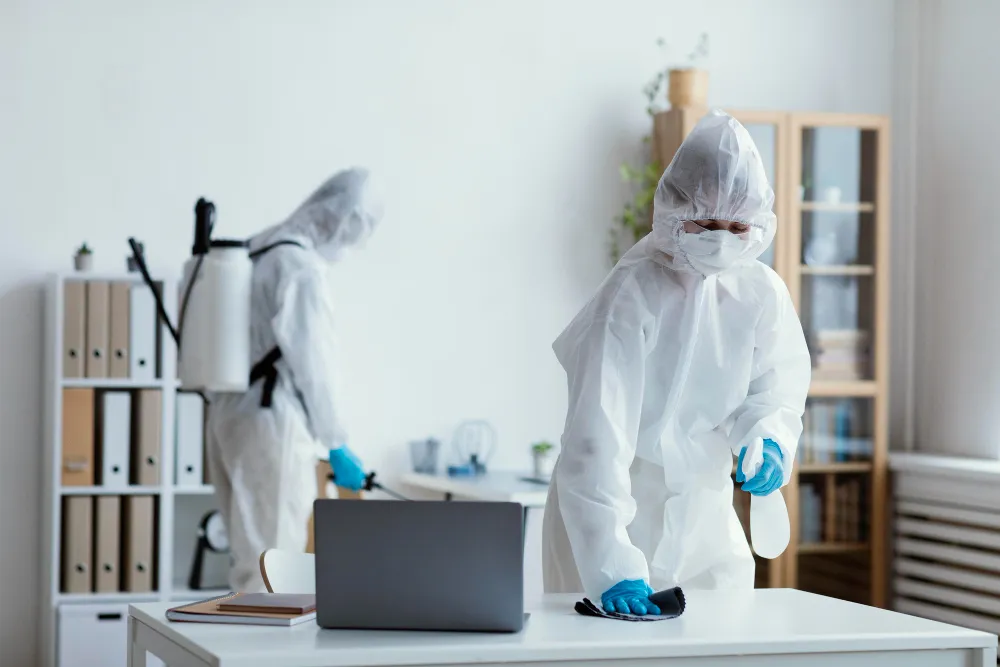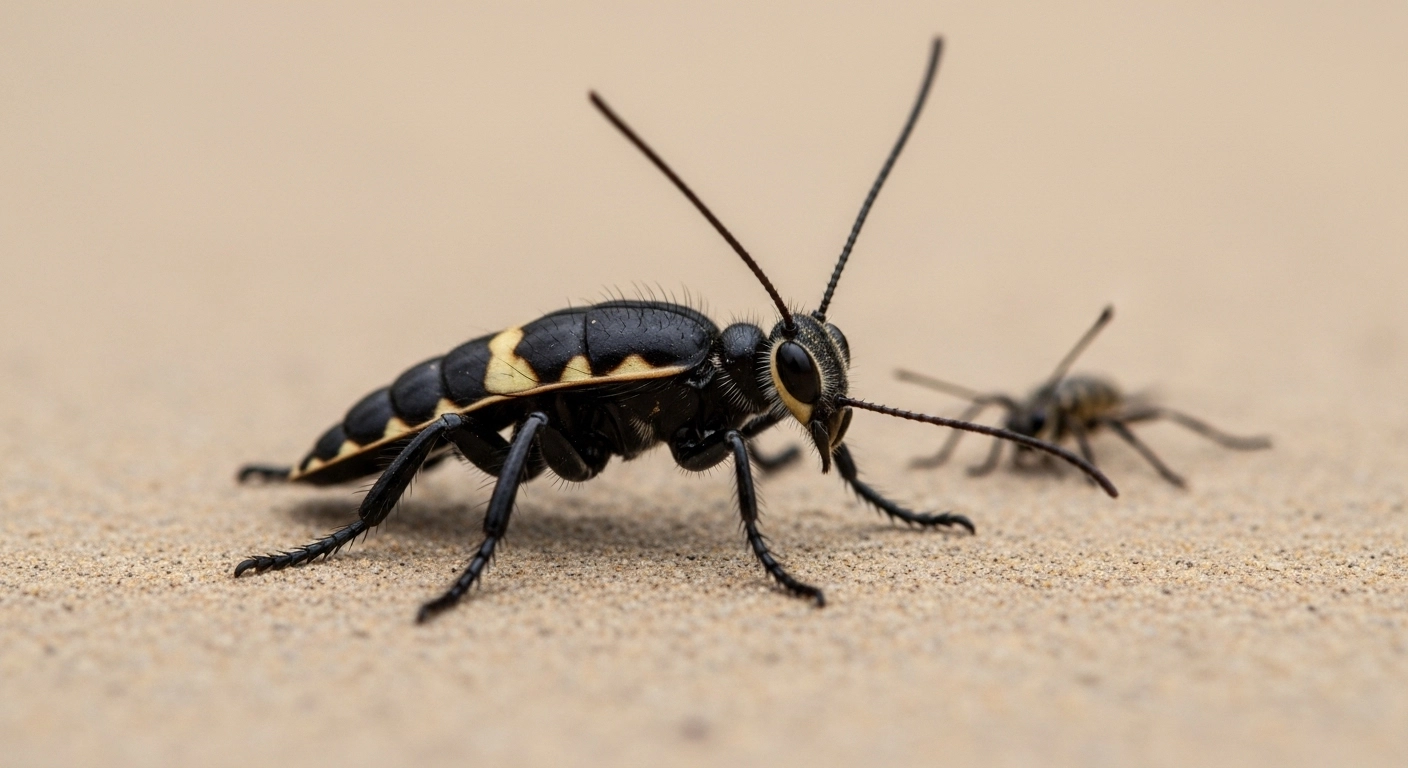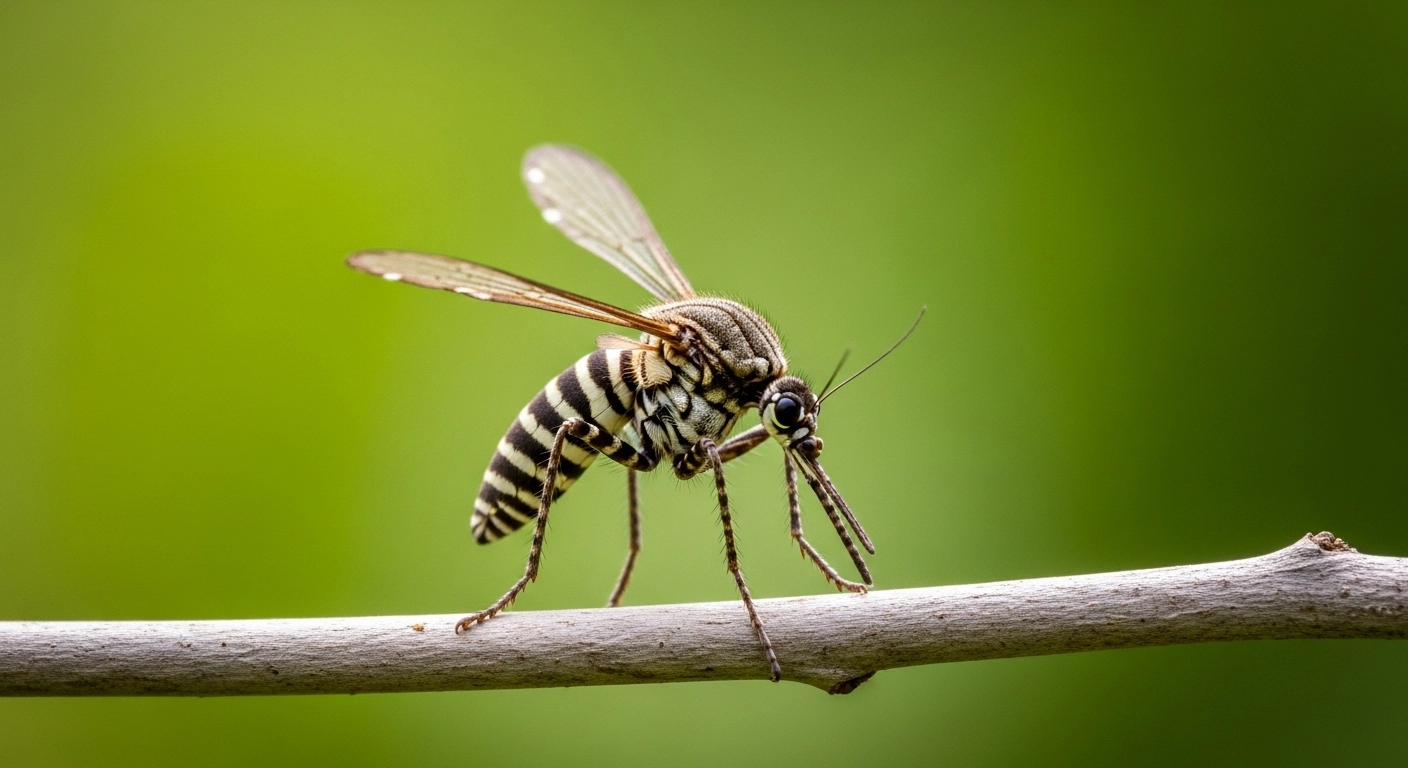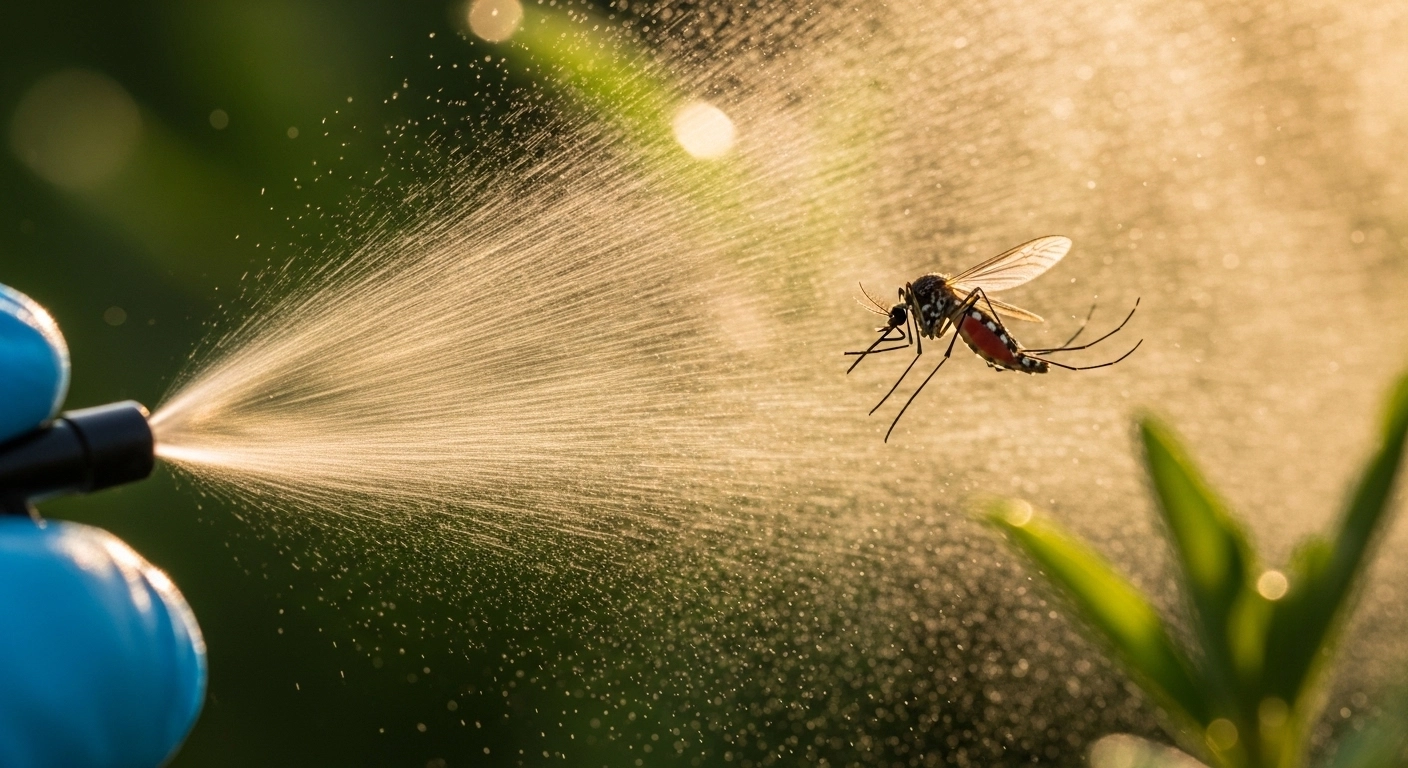Key Takeaways
- Safety Concerns: Understand the risks and safety measures for pest control during pregnancy.
- Alternative Methods: Explore non-chemical pest control options.
- Consultation with Professionals: Importance of consulting pest control experts and healthcare providers.
Introduction
Pregnancy is a time when safety and health take on an even greater significance. One common concern for expectant mothers is the safety of undergoing pest control during pregnancy. This article delves into the risks, precautions, and safer alternatives to traditional pest control methods for pregnant women.
Understanding the Risks
| Risk Factor | Description |
|---|---|
| Chemical Exposure | Potential harm from inhaling or contacting pesticides. |
| Stress Factors | Anxiety and stress caused by pest infestation and treatment. |
| Direct Health Impacts | Possible effects on the mother and developing fetus. |
Safer Pest Control Alternatives
- Mechanical Traps: A non-toxic way to control pests like rodents.
- Natural Repellents: Using substances like peppermint oil or vinegar.
- Physical Barriers: Sealing entry points to prevent pest access.
Consultation with Professionals
- Pest Control Experts: Can provide insights into safe practices and products.
- Healthcare Providers: Offer medical advice tailored to your pregnancy.
Safety Tips for Pregnant Women:
- Avoid direct exposure to pest control treatments.
- Ensure good ventilation during and after the process.
- Consider staying away from the treated area for a recommended period.
Questions to Ask Pest Control Professionals:
- What chemicals are being used?
- Are there safer alternatives available?
- What precautions should be taken during treatment?
Detailed Insights and FAQs
Detailed Insights
It’s crucial to understand that not all pest control methods are created equal, especially when it comes to pregnancy. Chemical-based treatments might pose risks, making it essential to explore and understand safer alternatives. Natural methods and preventive measures can often be effective in controlling pests without exposing the mother and unborn child to potential hazards.
FAQs in Table Format
| Question | Answer |
|---|---|
| What are the safest pest control methods during pregnancy? | Natural repellents and mechanical traps are generally safer. |
| Can I be in the house during pest control? | It’s advisable to avoid the area during and shortly after treatment. |
| Should I inform the pest control service about my pregnancy? | Yes, so they can take necessary precautions and suggest safer options. |
Conclusion
While pest control is essential for maintaining a healthy living environment, it’s crucial to approach it cautiously during pregnancy. Exploring non-chemical methods, consulting with professionals, and taking appropriate safety measures can help ensure the well-being of both the mother and the developing fetus. Always prioritize safety and health, and don’t hesitate to seek professional advice for the best course of action.




